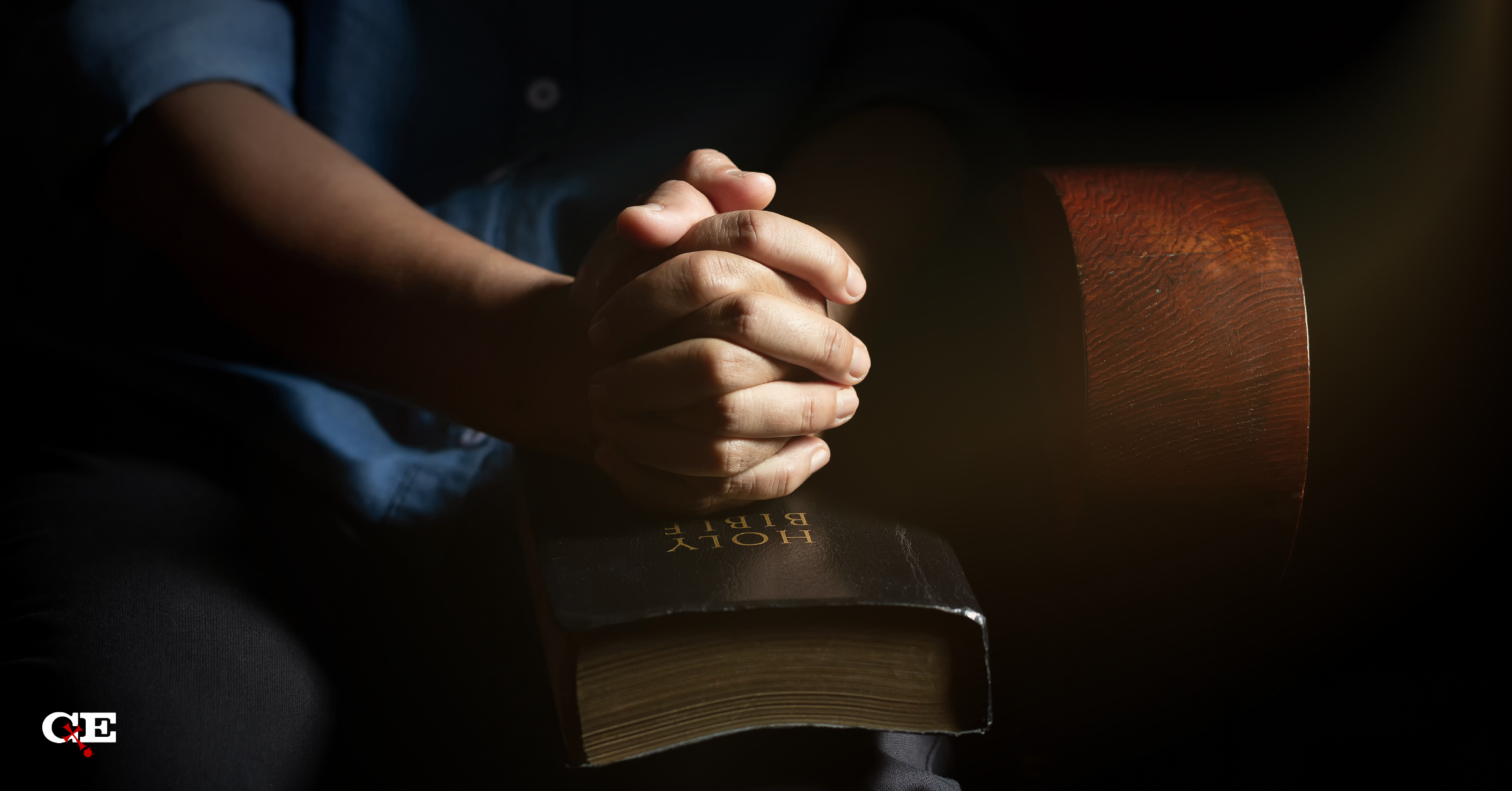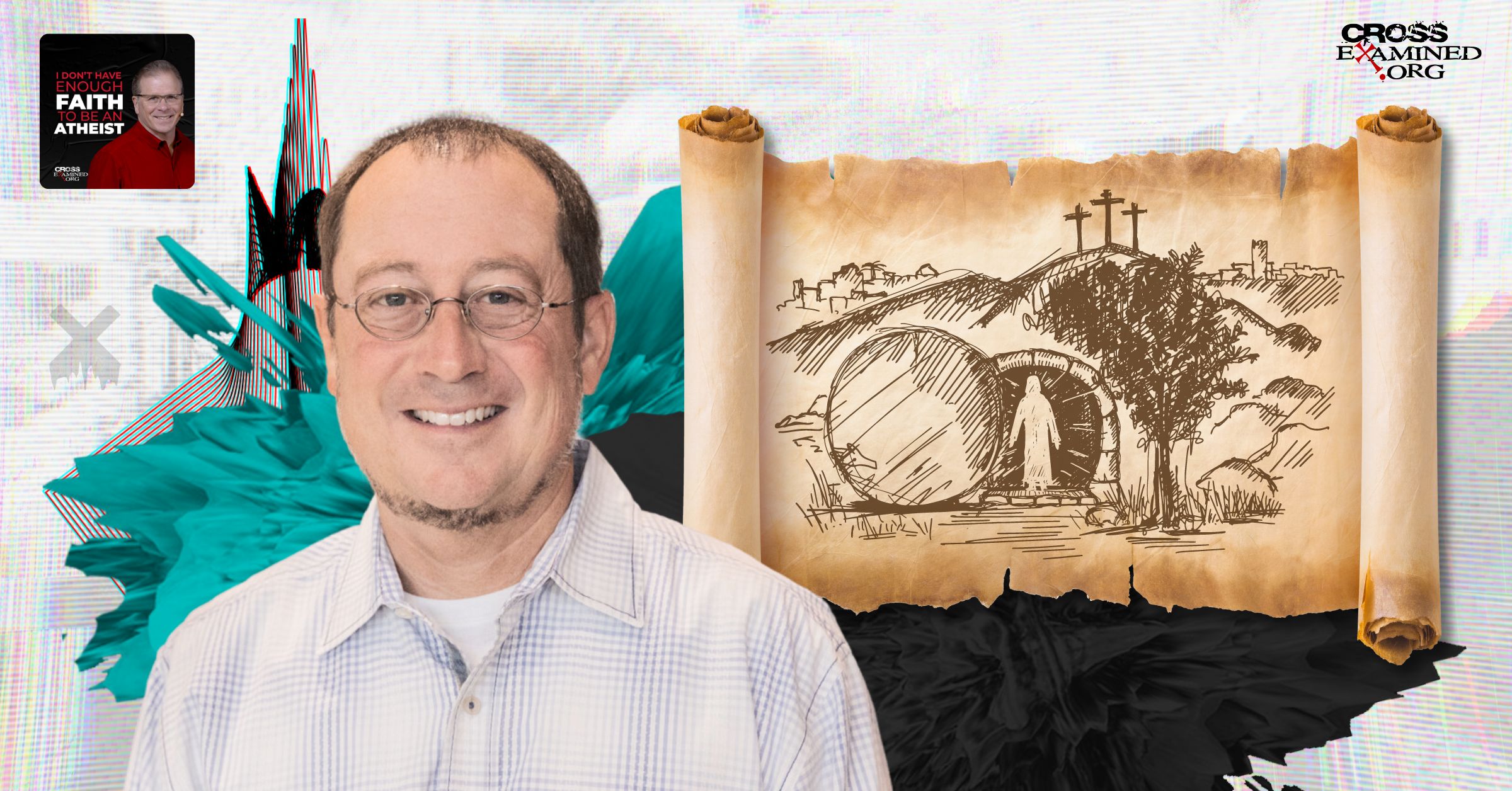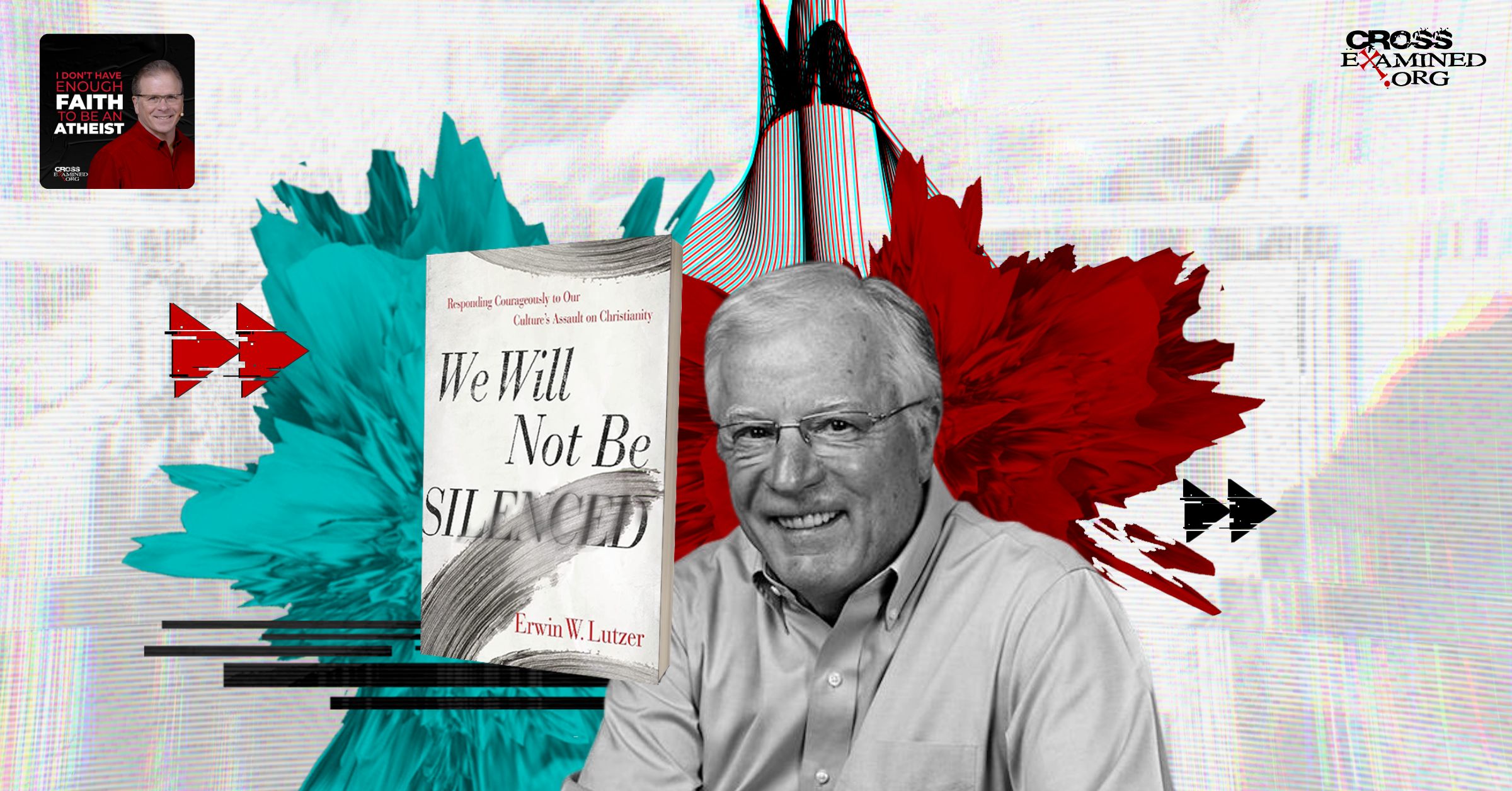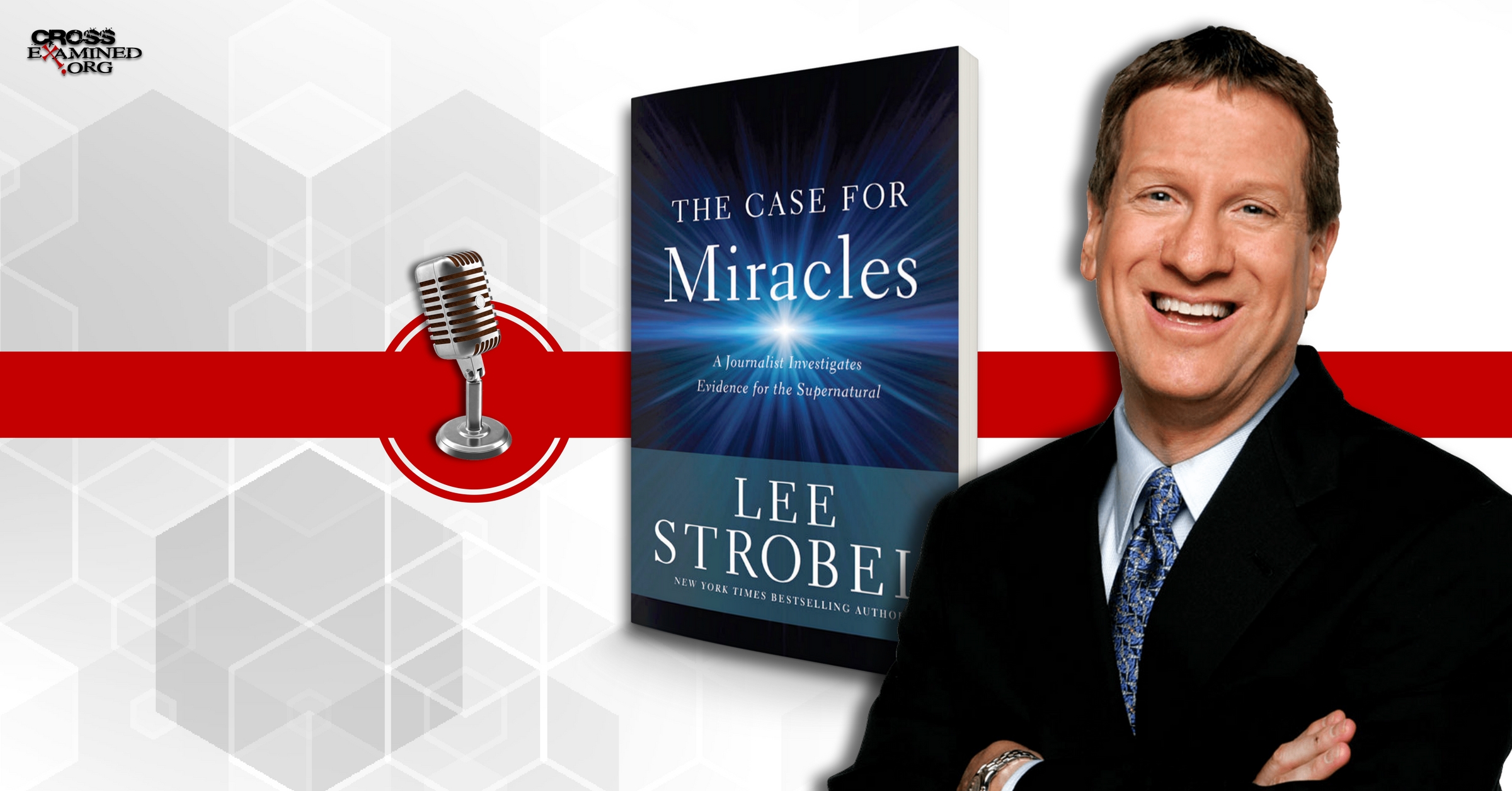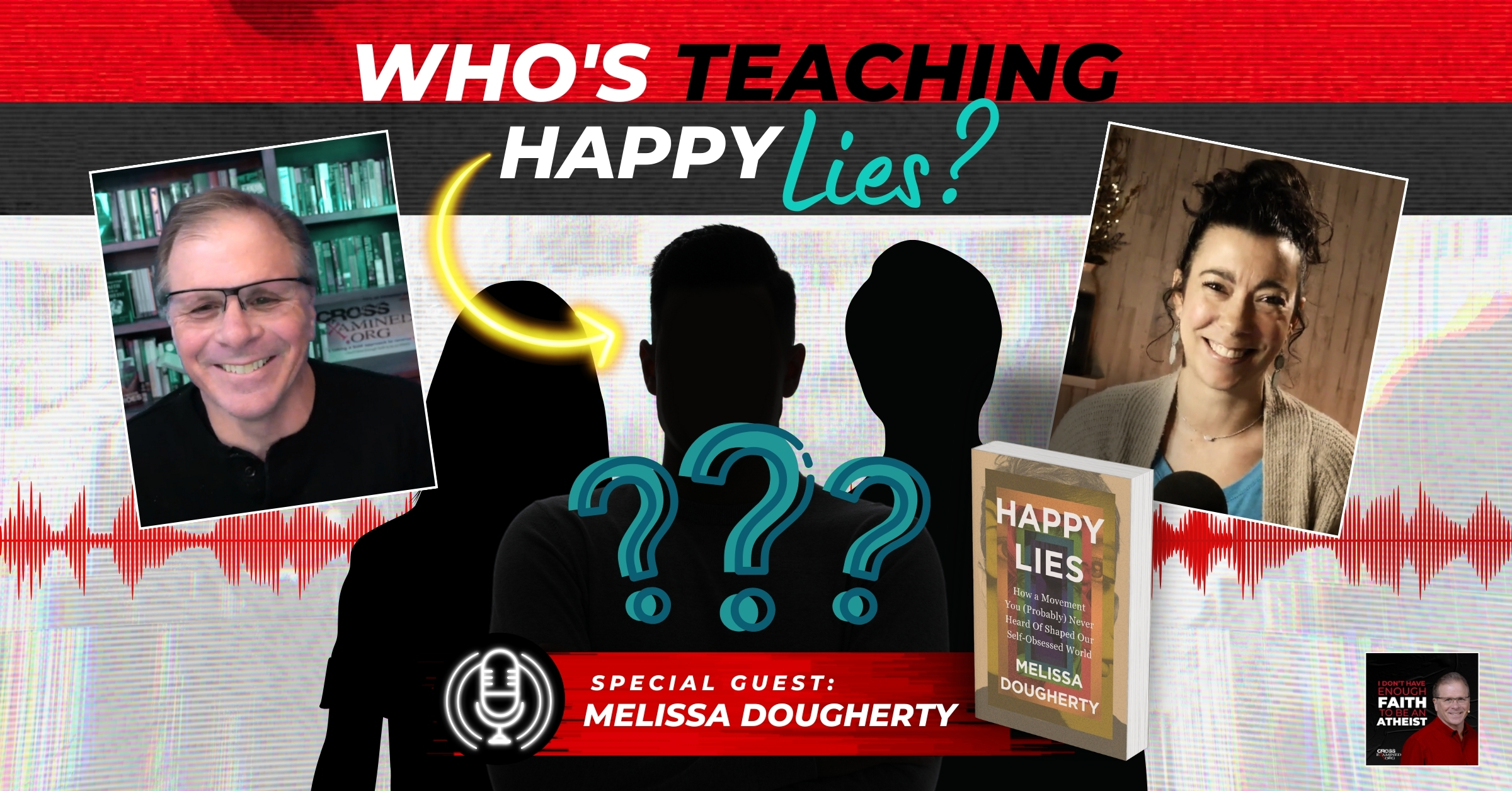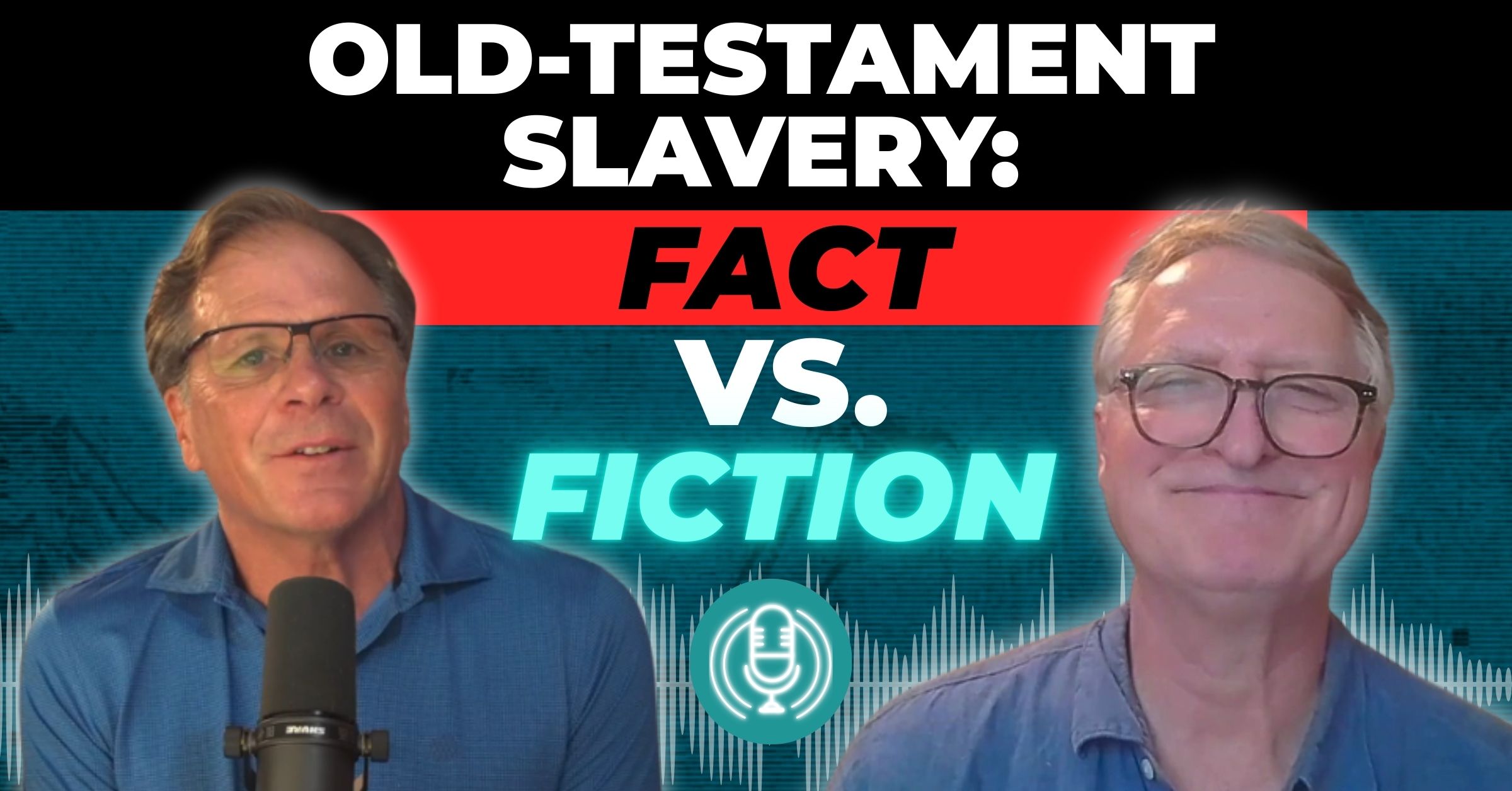Four Ways that Middle Knowledge Helps to Explain Unanswered Prayer
Country singer Garth Brooks popularized the song, “Unanswered Prayers.” The song recounts how he prayed to have the love of a young woman earlier in his life. His prayer, however, was declined. While he didn’t understand why God did not allow him to have the love of this young woman when he was young, he later reflected on why God did not answer his prayer when he looked upon his wife and valued the love they had for one another. Brooks then sings, “One of God’s greatest gifts is unanswered prayer.”
In his book Luis de Molina: The Life and Theology of the Founder of Middle Knowledge, Kirk MacGregor recounts the life and belief system of Luis de Molina. Unfortunately, much of Molina’s works are still left untranslated. MacGregor, who is able to read the languages in which Molina wrote, digs into the writings of Molina. Of particular interest is the way Molina examines divine providence through the lens of middle knowledge. Middle knowledge is understood as “God’s knowledge of all things that would happen in every possible set of circumstances.”[1] Molina averred that middle knowledge helps to explain unanswered prayer in four different ways.
Some Prayers May Go Unanswered Because They are Logically Impossible
Molina argues that some things for which people petition God are impossible for God to bring about.[2] As has been noted by numerous theologians and philosophers, certain things lie outside the realm of possibility for even God to answer. For instance, it is impossible for God to make a round square or a married bachelor. Such instances are logically impossible. MacGregor adds that prayers that an enemy was never born, for events such as the Holocaust to have never happened, or that God would commit some form of evil to avenge a person lies outside of possibility or the character of God. As such, some prayers may go unanswered because a person asks God to do something that lies outside his character to do. Remember, God is the absolute good and, thereby, does not commit evil acts.
Some Prayers May Go Unanswered Because They are Logically Infeasible
Second, Molina holds that some prayers are logically infeasible for God to answer. [3] For instance, a person may pray that God changes another person’s life. While it would be possible for God to force his love and grace on another person, it would not be feasible to do if God grants individuals free will. As such, God will do everything possible to bring a soul to salvation without sacrificing the freedom of the will. If human free will is accepted, then it can be said that God’s desire is for all souls to be saved. Because of the essence of love itself, love must be freely given and freely received. Due to its inherent characteristics, prayers asking God to force a person into a divine relationship would inhibit the nature of love itself. If true, middle knowledge ensures that God will place each person in the best possible circumstance to receive God’s love, particularly those whom God knows would respond to his grace.
Some Prayers May Go Unanswered Because They are Individually Detrimental
Molina argued that some prayers are unanswered by God because, if answered, they would be detrimental, if not disastrous, to the person requesting it. [4] MacGregor gives the illustration of a girl who prayed to marry a certain boy. God, however, did not answer the prayer. It may have been that if God had answered the prayer, the boy would have cheated on the girl, divorced her, causing her to question her faith. [5] The same may be said for prayers to win the lottery. Suppose that God answered a person’s prayer. It may be that if the person won the lottery that the individual’s children would become addicted to drugs, the person’s relationship with his/her spouse would become strained and that the person may leave their faith. What the person thought would have been a blessing would result in a disaster. Thus, God realizes that it would be better for the person if he or she doesn’t win the lottery rather than winning it. Therefore, the prayer goes unanswered.
Some Prayers May Go Unanswered Because They are Globally Destructive
Molina also argues that God may not answer one’s prayer because the prayer would become disastrous to the world at large. [6] Suppose that a farmer prays for extra rain for his crops. But the rain does not come. Imagine that a dam was damaged, and the extra rain could have caused the dam to burst, causing devastation and the loss of lives to countless thousands. Perhaps God waits to answer the prayer until the time that he knows that a dam worker comes by to observe the defect and calls for the dam’s repair. Through God’s middle knowledge, he knows how the worker would respond in such an instance. In like manner, he also knows what the extra rain would do to the dam’s integrity. Some prayers may go unanswered because, unbeknownst to the petitioner, they could bring harm to others.
Conclusion
Middle knowledge has been called “the most fruitful theological ideas ever conceived.” [7] It has many beneficial applications even beyond the scope of balancing divine sovereignty and human freedom. As noted, middle knowledge can provide a means of understanding why God may not answer certain prayers at certain times. Since God knows every factual and counterfactual, God’s refusal to answer our prayers according to the way that we desire may actually turn out to our benefit. When we get to heaven, I imagine that all of us will sing along with Garth Brooks as we thank God for unanswered prayers.
Dive Deeper
Brian Chilton, Curtis Evelo, and Tim Stratton, “Human Freedom, Divine Knowledge, and Mere Molinism,” BellatorChristi.com (8/8/2021), https://bellatorchristi.com/2021/08/08/sis-s1-e7-human-freedom-divine-knowledge-and-mere-molinism-w-dr-tim-stratton/
Brian Chilton, “What is Molinism?,” BellatorChristi.com (5/15/2018), https://bellatorchristi.com/2018/05/15/what-is-molinism/
References:
[1] Kirk R. MacGregor, Luis de Molina: The Life and Theology of the Founder of Middle Knowledge (Grand Rapids, MI: Zondervan, 2015), 11
[2] Luis de Molina, Concordia 2.14.13.26.14; Ludovici Molina, Commenteria in primam divi Thomae partem (Venice, 1602), 25.3.
[3] Molina, Concordia 7.23.4/5.1.13.6; Molina, Commentaria 25.4.
[4] Molina, Concordia 6.22.4.10; 7.23.4/5.1.14.8–10.
[5] MacGregor, Luis de Molina, 127–128.
[6] Molina, Concordia 7.23.4/5.1.6.23.
[7] William Lane Craig, The Only Wise God: The Compatibility of Divine Foreknowledge and Human Freedom (Grand Rapids, MI: Baker, 1987), 127. [Editor’s Note: While Molinism is popular in Christian philosophy and some academic circles, it is not the “consensus” view, nor established orthodoxy. It is an “option” within historic Christianity, but it’s worth noting that other historic Christian traditions, notably, Classical Theists, Scholastics, and Thomists, tend to reject Molinism and the concept of “middle knowledge.” They, instead, explain the content of middle knowledge in other ways, without granting any middle realm of “knowledge” distinct from God’s self-knowledge and his knowledge of creation. Nevertheless, that disagreement is a family feud between Christian brothers and sisters. The point is, even if William Lane Craig is impressed with middle knowledge thinking it is especially “fruitful,” that opinion isn’t necessarily heresy but neither does it represent the consensus or even the majority view across historic Christian orthodoxy.]
Recommended Resources:
Debate: What Best Explains Reality: Atheism or Theism? by Frank Turek DVD, Mp4, and Mp3
The Great Book of Romans by Dr. Frank Turek (Mp4, Mp3, DVD Complete series, STUDENT & INSTRUCTOR Study Guide, COMPLETE Instructor Set)
Jesus, You and the Essentials of Christianity by Frank Turek (INSTRUCTOR Study Guide), (STUDENT Study Guide), and (DVD)
How to Interpret Your Bible by Dr. Frank Turek DVD Complete Series, INSTRUCTOR Study Guide, and STUDENT Study Guide
Brian G. Chilton earned his Ph.D. in the Theology and Apologetics at Liberty University (with high distinction). He is the host of The Bellator Christi Podcast and the founder of Bellator Christi. Brian received his Master of Divinity in Theology from Liberty University (with high distinction); his Bachelor of Science in Religious Studies and Philosophy from Gardner-Webb University (with honors); earned a Certificate in Christian Apologetics from Biola University, and plans to purse philosophical studies in the near future. He is also enrolled in Clinical Pastoral Education to better learn how to empower those around him. Brian is a member of the Evangelical Theological Society and the Evangelical Philosophical Society. Brian has served in ministry for over 20 years and currently serves as a clinical hospice chaplain as well as a pastor.
Originally posted at: https://bit.ly/4mveUvO

